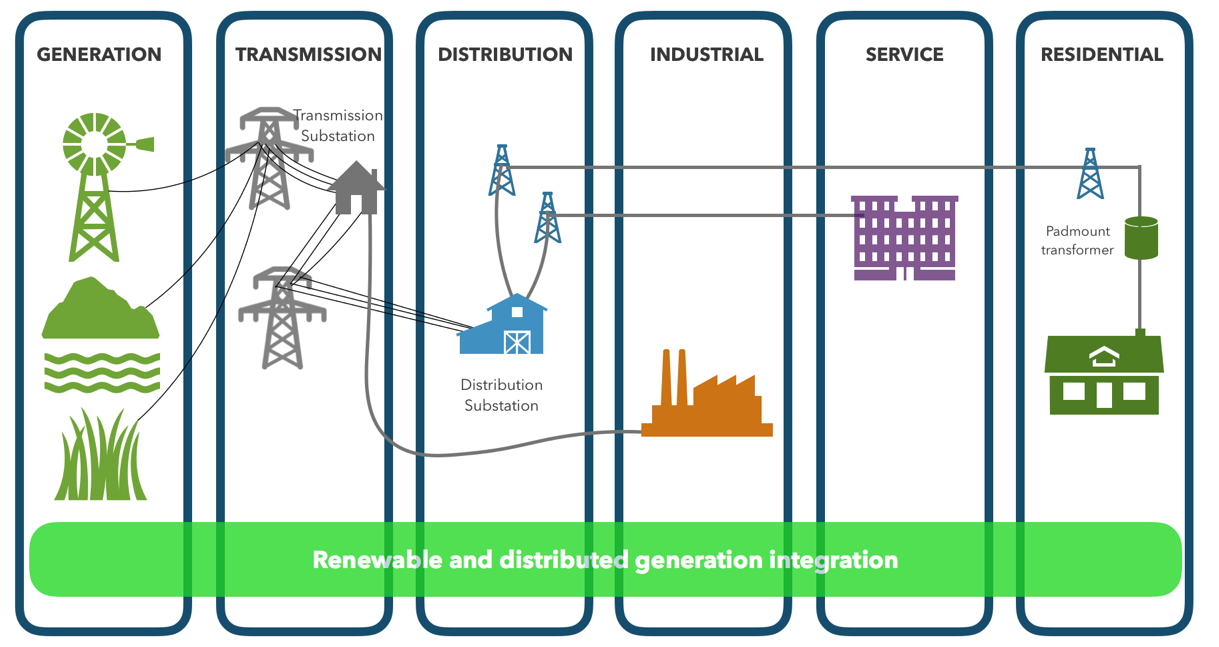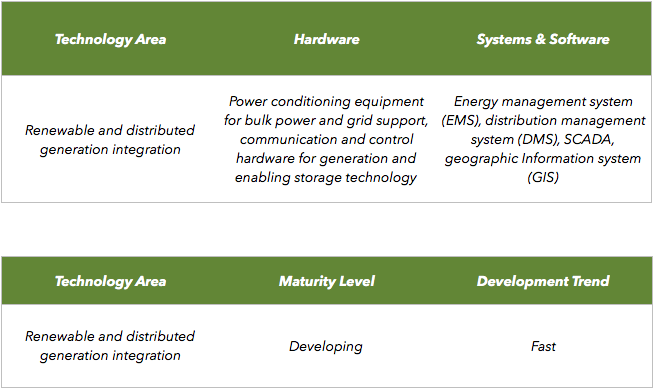Smart Grids
There is a pressing need to accelerate the development of low-carbon energy technologies in order to address the global challenges of energy security, climate change and economic growth.
Smart grids are particularly important as they enable several other low-carbon energy technologies, including electric vehicles, variable renewable energy sources and demand response.
Smart grids can provide significant benefits to developing countries. Capacity building, targeted analysis and roadmaps – created collaboratively with developed and developing countries – are required to determine specific needs and solutions in technology and regulation.


